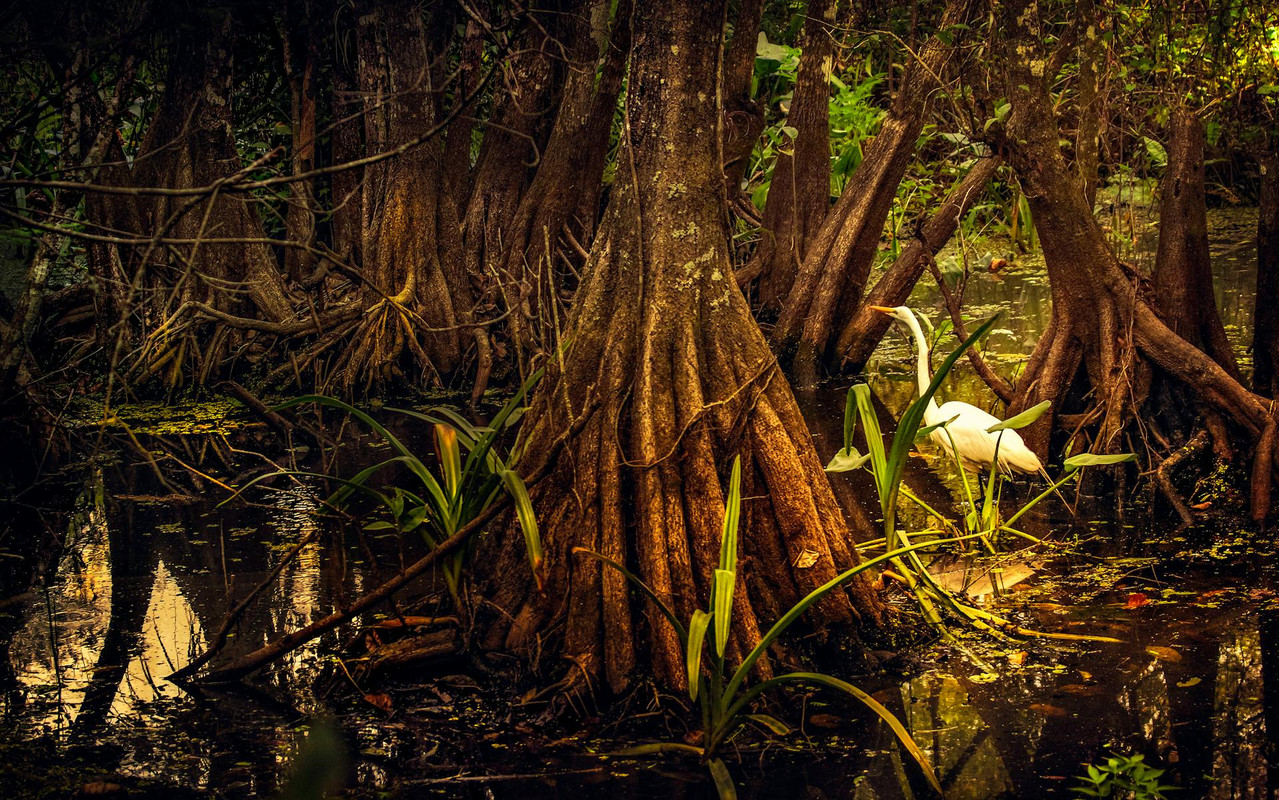Loading...
newsTicker.loading • newsTicker.loading
newsTicker.loading • newsTicker.loading
Loading...
Arthur Rahman
EcoBangla Correspondent
September 9, 2025
544
0
In Bangladesh's northeastern corner, where irregular green patches appear on maps—pale green swaths interspersed with smaller deep green pockets—lies the story of one of the country's oldest Indigenous communities. In or around each deep green area sits a Khasi village, called a "punjee," with tin-roofed cottages perched on hillocks, marking the homes of one of Bangladesh's Indigenous peoples. Ancient Roots and Cultural Identity The Khasi people share ethnic roots with the Khasi tribe of India's Meghalaya state. Over centuries, Bangladesh's Khasi have maintained a unique relationship with nature—not merely as a resource source, but as a spiritual motherly force. Their society is matrilineal, where women manage families and inheritance rights. Bri agroforestry** forms the heart of Khasi culture. This term refers to betel leaf cultivation within forests, using a traditional agroforestry system that has remained unchanged for centuries. A 2013 study recorded 86 species of plants used as support trees in the Bri system, including chapalish, supari, bonsimul, kadam, and other native trees. Pioneers of Sustainable Development The Khasi community naturally practiced what we now call sustainable development principles long before the term existed. Their method includes: - Preserving existing forest canopy — maintaining at least one support tree every three cubits - Avoiding harmful logging and burning practices - Protecting wildlife from disturbance - Maintaining biodiversity — Bri agroforests are richer in vegetation and species diversity than monocultures or secondary forests Teresa Lakachiang, a 60-year-old Khasi woman, like her mothers and grandmothers before her, sorts fresh betel leaves into bundles. Her daughter Rose Merry continues this tradition: "Betel leaf agroforestry is our only livelihood that thrives on the mature trees of a forest. That's why we conserve trees. We live with the forest." Contemporary Challenges Climate Change as an Existential Threat At the dawn of the 21st century, the traditional Khasi way of life faces unprecedented challenges: Changing Weather Patterns: - Monsoons that once arrived in June now begin in April or May - Winter starts in December instead of November - Irregular rainfall shortens the cultivation season to 2-4 months - Temperatures rise by 0.0124°C annually in the Sylhet region Economic Consequences: - In 2024, instead of the usual three harvests, Khasi farmers could only harvest once between April and July - Drought has caused betel leaves to grow smaller - Many saplings die due to lack of rainfall Adaptation Strategies To preserve forests while adapting to changing conditions, the Khasi are trying: Crop Diversification: - Growing lemons (Citrus limon) and sweet oranges (Citrus sinensis) - Planting bananas, coconuts, and agar trees (Aquilaria malaccensis) - Experimenting with coffee (Coffea arabica) while maintaining agroforestry principles The coffee experiment shows particular promise—unlike monocultural plantation methods, the Khasi plant coffee shrubs only in empty forest spaces between betel vines, without cutting down a single tree. REDD+ Hopes and Political Challenges Gidison Pradhan Suchiang, president of the Khasi Social Council representing 65 Khasi villages in the Sylhet region, poses a crucial question: "Together, we protect more than 2,020 hectares of Sylhet's natural forest. Why don't we get paid by the carbon emitters?" The Meghalaya Example: The Khasi Hills Community REDD+ program operating in India's Meghalaya state since 2011 has: - Paid over $472,000 to approximately 8,000 families - Invested nearly $299,000 in forest conservation Bangladesh's Situation: Although Bangladesh has been a UN-REDD partner since 2010, the country still doesn't qualify for REDD+ financing. It lacks a national strategy, safeguard measures, and monitoring systems. Cultural Resilience and Future Vision The Khasi community remains isolated by choice. Tian Tongper, 75, myntri (village head) of Aliachhara Punjee, states: "External interference harms forests and wildlife." This cultural conservatism, while protecting traditions, also limits economic opportunities. The community opposes tourism and artificial infrastructure development, seeking to maintain nature's purity. Conclusion: Between Tradition and Survival The history of the Khasi community in Bangladesh represents a unique example of how Indigenous knowledge can contribute to global climate change solutions. However, this community needs: 1. Recognition — for centuries of forest conservation work 2. Financial support — through REDD+ or other international programs 3. Technical assistance — for climate change adaptation 4. Cultural dialogue — balancing tradition with modern challenge solutions "If we fail to continue with our livelihood, we will no longer protect the forests," warns Gidison Suchiang. These words reveal not just a local community challenge, but a global one: how to preserve invaluable Indigenous experience in climate change and biodiversity protection. The Khasi story in Bangladesh is not merely a cultural heritage issue—it's a vitally important example of how traditional knowledge can become part of future solutions in the context of global ecological crisis. Their millennium-old forest management practices offer lessons for a world grappling with environmental destruction, proving that the wisdom of Indigenous peoples may hold keys to our planet's sustainable future.


Join the conversation and share your thoughts!
Be the first to share your thoughts!